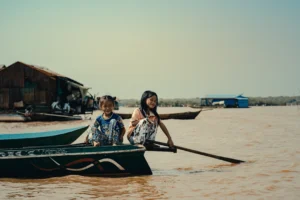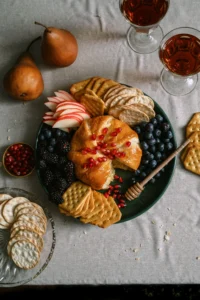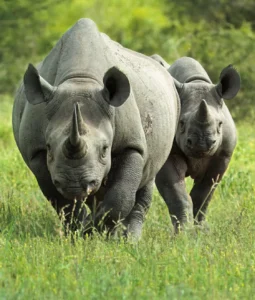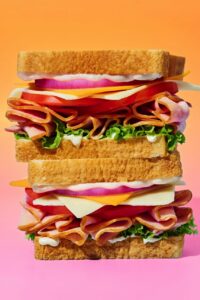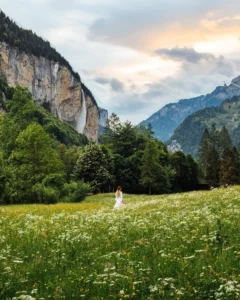
Anything can make an interesting composition or compositional element.
Ian Plant
You can also listen to this episode on iTunes, Pocket Casts, Spotify, Castbox, and Google Podcasts.
Join our online photography community to interact with this podcast guest, get access to fun photo contests, find inspiration daily, and much more!

In this episode, I speak with travel and nature photographer Ian Plant. Ian has an interesting background that includes major career transitions and surreal photo adventures, all of which will be covered in this interview.
Ian Plant is undoubtedly one of the most interesting photographers I’ve ever come across. His travel photographs capture the unfiltered beauty of nature. All of his subjects, no matter how wild, look very comfortable in his images.
We talk about:
- How Ian Plant went from working in law to becoming a full-time photographer
- Travel and nature photography tips
- Some of the most amazing photography experiences of his life
& much more!
I’m confident that Ian Plant’s story will inspire you to make the most of your life as a photographer. No matter where you are in the world, you can take beautiful photographs that tell your story and encourage others to do the same.
Here is a preview of our conversation with Ian Plant.

Q: What was it like to quit your job and pursue photography?
Ian Plant: I decided if I’m going to do it, I’m going to go for it 100% and make it work. It was very difficult in the beginning, especially when I started being a full-time pro. The industry was making this huge transition from film to digital and the Internet was becoming very popular.
Before I quit, photographers made their living selling their photos. They actually made 100% of their income from just selling their photos to photo stock agencies, magazines, and calendar companies. After I quit – as soon as digital cameras became popular and the Internet made it easy for people to buy photos – the industry completely changed. Now, especially with landscape and nature photographers, most are not really making their lives selling their photos. They’re making their living doing photo workshops and tours, educational services, things like that.

There was this upheaval in the industry, which made things a bit more complicated. It created some opportunities as well. I should have been terrified. There were moments when I realised that I had completely untethered myself from any safety net. I was trying to make a living in this very difficult, increasingly competitive business.
I don’t recommend that everyone just quits their job and jumps in to become a full-time pro. If we did that, we would find that no one’s doing anything that’s actually useful for society. Those who really find it to be their calling, the best way forward is just to dive into it. It’s hard to do it part time. It’s really, really difficult to make a living out of photography if you’re just doing it part time.

Q: What camera equipment do you use?
Ian Plant: I am using Canon cameras. My lenses are primarily Tamron lenses. It’s a company I’ve worked with for a long time. I’m one of their ambassadors, and I still have a few Canon lenses kicking around with me as well.
Now, there’s so many other camera and lens manufacturers out there. Canon has become the plain vanilla of photography. So there’s a lot of choices out there. I don’t think it really matters. All the systems out there are very good. It’s really just a personal choice.
I like to tell people that equipment really isn’t important. It’s only important to the extent that your equipment should help you achieve your artistic vision. It shouldn’t stand in the way of your vision. Depending on what your artistic vision is, just make sure you get the equipment that will help you best achieve that vision.

Q: There’s a quote by you on your website that says a photograph should say as much about the artist as it does about the subject. That’s a very interesting statement. Could you elaborate on it?
Ian Plant: To be effective as a photographer, you have to be an artist. To be an artist, you can’t just point your camera at interesting things and trigger the shutter. You don’t want to be taking photos of things that you see. You want to be making photos.
That’s an artistic process, where you’re putting your own personal artistic vision into the photograph. I think it’s the difference between making a documentary record of the things that you see around you and striving to make an artistic composition.
I work very hard to work with the style that I have and to push it to its limits. I’m very focused on artistic composition and on ephemeral events, the magic of the moment.
I’m always striving to find a way to inject my personal vision into the photographs that I make so that the photograph is telling as much of my story as it is the story of my subject.
Check out Ian’s work:
Website
YouTube
Check out our latest




